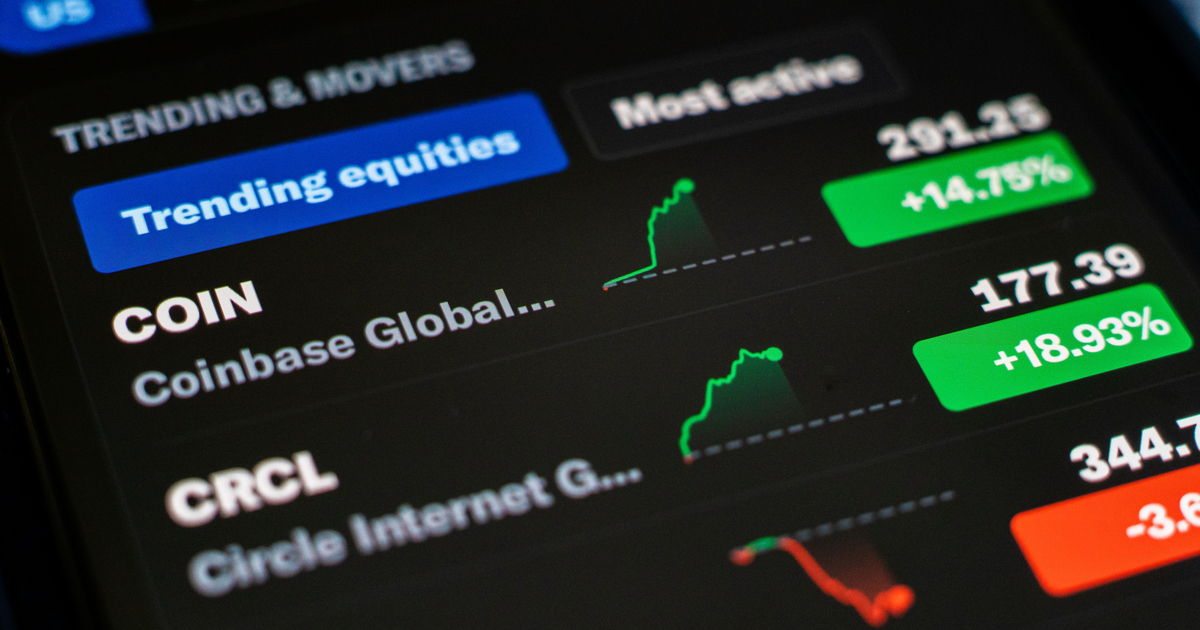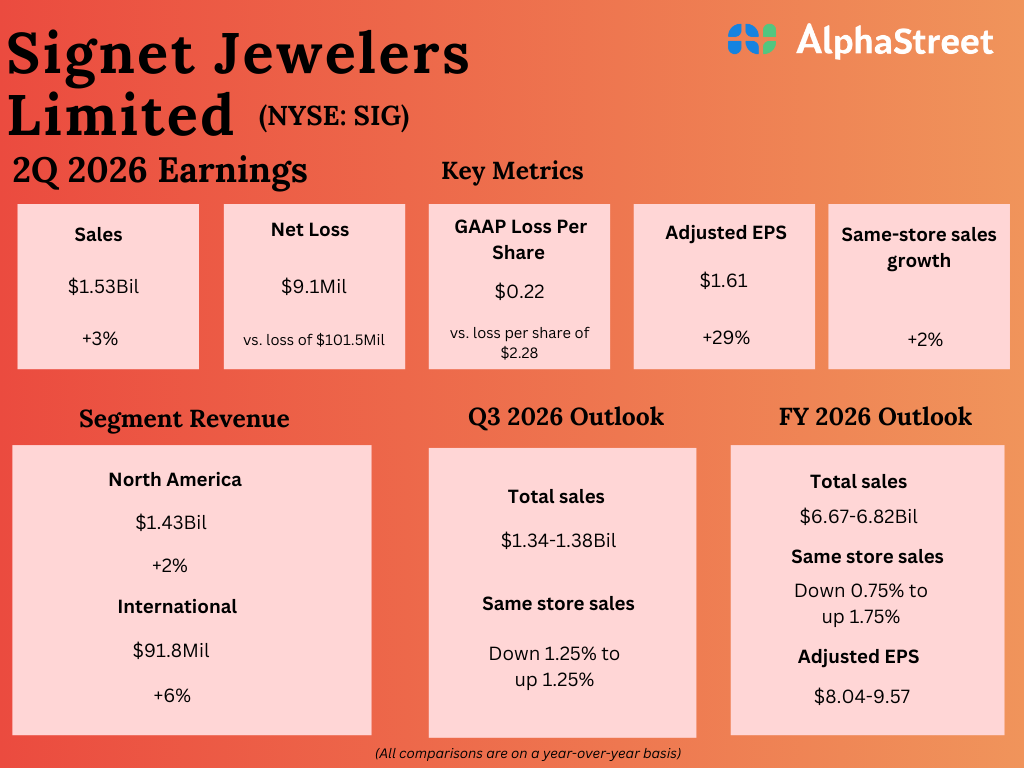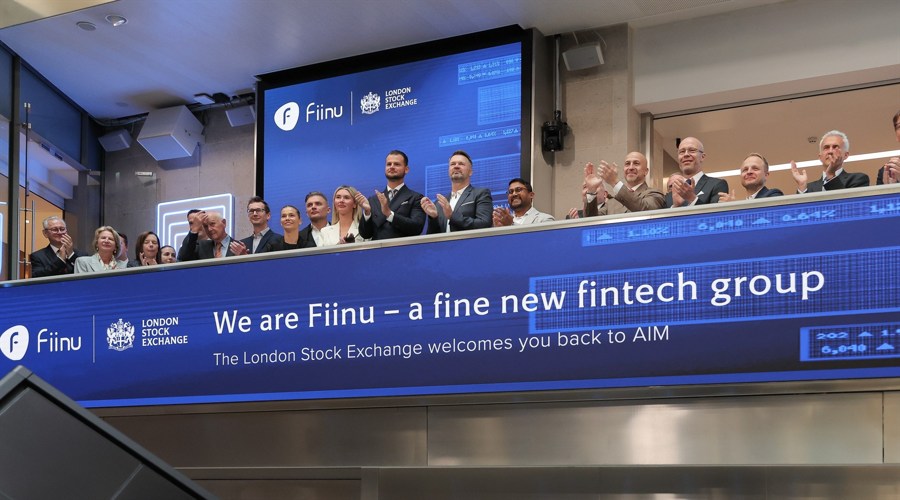Here’s what this explosive trend means for you
People don’t want to be told what to do anymore.
A modern job is full of promises that rarely get met. As you move through your career and perhaps become a high performer, you’re faced with an existential crisis.
- Stay comfortable and qualify for long service leave
- Go out by yourself and try to build something you own
Option two used to be scary as hell. Not anymore.
I’ve been a high performer in a finance career for many years.
I spent more time at the office than I should of to get ahead. I quit romantic relationships, blocked good friends, took zero holidays for 7 years, and hit every KPI I could.
Performance review day was my favorite of the year.
As I rose through the ranks I had to deal with more and more meatheads. Office politics exploded. “Are you with me or not Timbo?” I had to choose sides. I got asked to spy on people.
Even if I did all these tasks my future was uncertain.
Maybe I’d do okay. Or maybe I’d get caught in a restructure or redundancy spreadsheet. Then all my hard work would be gone. I smoked too much of the “find your passion” weed, too.
So I quit finance to work in social media.
6 months in I got fired for no reason by a beer gut warrior who missed out on a job working for Elon Musk. It was so easy. Took 5 mins.
I got another job (eventually) and became a high performer there, too. But it left me screaming in my head “is this all there is?” I felt empty and had this feeling deep in my gut that’s hard to explain.
I had a high-paying salary working at the intersection of finance and tech but there were no guarantees.
So I quit at 35 right in my career prime.
If I stayed in my old job, I’d probably be one step away from the C-Suite right now, sipping Starbucks lattes like they cost a dime. But I didn’t. That life sucks ass.
I’m not the only person quitting in the prime of their career to become a solopreneur.
Justin Welsh is well-known in US tech.
He held several high-roller positions working for software companies. But after the 2020 health crisis he quit too.
He went out on his own and began:
- selling digital products
- setting up communities
- being an adviser to businesses
- and working to the beat of his own techno track
He says he knows 10+ other people from his career who’ve looked around and seen all the unhappiness, too, and quit to run one-person businesses.
Marketer Andrea Bosoni discovered the same thing, with a little more nuance. He says 10 years ago the dream was to quit your job and start a huge business that became a unicorn and competed with Mark Fuckerberg.
Now he says most people in his network talk about quitting their jobs to become solopreneurs (an entrepreneur with zero employees).
Workplace expert Khe Hy noticed the same trend in his network. And in my neck of the woods over here in Aussie land, the same trend is booming.
I went to check out several WeWork offices to rent for my online business and noticed solopreneurs everywhere.
I asked the WeWork sales guy about it:
“Ahh that’s the trend mate. We now have more one-person businesses than multi-person businesses.”
A normal job has so many constraints.
Many workplaces are still pleading with employees for them to come back to the office. Some are forcing them.
The average employee likes working from home as it cuts out their commute & doesn’t require them to rent/buy a property close to a big city.
Saving time and money is an addictive drug.
Solopreneurs aren’t limited by borders either. Most of them run online businesses they can operate from anywhere. So the cost of living goes down as they abandon big cities to live somewhere affordable.
A solopreneur’s calendar evolves too. Instead of being stuck in meeting hell every day, they are able to reclaim their time and decide what appointments they have. The realization I came to is most business topics are best discussed via written emails.
Articulating an idea in writing requires more effort so thoughts get clearer.
Workplace Santa doesn’t run around and handout pay rises.
Especially not in a recession. The money you can make at a job is limited. There’s only so far you can go, and that becomes truer when you decide the upper-management life isn’t for you.
Solopreneurship has many more ways to increase your income.
You can:
- Bring on affiliates
- Add new income streams
- Hire freelancers to do some of the work
- Partner with similar businesses to build new products
Everything you build as a solopreneur you own. Web3 started this trend and now it’s spread like a virus.
We don’t want to give our ideas, thoughts, and content away anymore to social media companies for free. We want to own the home we live in. We want to own our savings without them being destroyed by inflation.
We also want to own the fruits of our labor and have them count for something. When you own a one-person business you can one day sell it.
But you can’t sell your job. And a job has zero guarantees … other than a short notice period when they lay you off due to whatever excuse they can dream up to throw you to the curb like a piece of worthless garbage.
Making more money to work the same hours is a huge drawcard of solopreneurship. No surprise there.
There are good bosses, don’t get me wrong.
But most of them suck. They’re told to work you as hard as possible so they can collect their bonus check and get promoted. It’s not personal, it’s business. Being told what to do like a baby gets tiring.
Most employees know more about their jobs than their bosses anyway.
There comes a point in life where you want to take your experiences and use them to create something. For many people like me, it’s when we hit the high performer position at our jobs.
No shock that bad bosses have contributed to the solopreneurship boom.
Wait, what?
It’s all gravy. I just hate the label entrepreneur (or any other forms of it) because most people feel they’re not cut out to be one.
It’s a limiting valve on human progress.
Unless you believe a label applies to you, you won’t experiment with its features and benefits. So you’ll never know what you’re missing. A better label for this life is probably career owner or self-employed person.
The other reason I hate the entrepreneur label is it carries a lot of elitism.
I had entrepreneurs as clients when I worked in banking. Many of them were a-holes. They’d find some Uber-type economic extraction model to take advantage of people and ruin society … and think they were king.
Or they wanted you to kiss their butt because they created some Airbnb copycat company. Drove me nuts.
Solopreneurship isn’t about status. It’s about freedom and time.
Let’s get practical.
If you decide solopreneurship might be for you, it’s a bad idea to tell your boss to F off and quit tomorrow.
Most of us aren’t born solopreneurs.
- We discover solopreneurship by accident.
- We see someone else become a solopreneur and try to emulate them.
- We hear about solopreneurship but don’t know where to start.
This is where after hours side projects (aka side hustles) come in. You can test this different career path while still working a job.
That’s what I did for about 7 years, although most people can have their solopreneur aha moment far sooner than I did.
Through the process you can test ideas and see if they lead to new income streams. If they don’t work, you stay at your job. If they work, you slowly reduce your workdays/hours until you’ve gone all-in on solopreneurship.
A job where you own nothing is becoming unattractive. High performance in a career can be used to build an online empire you own instead.







































